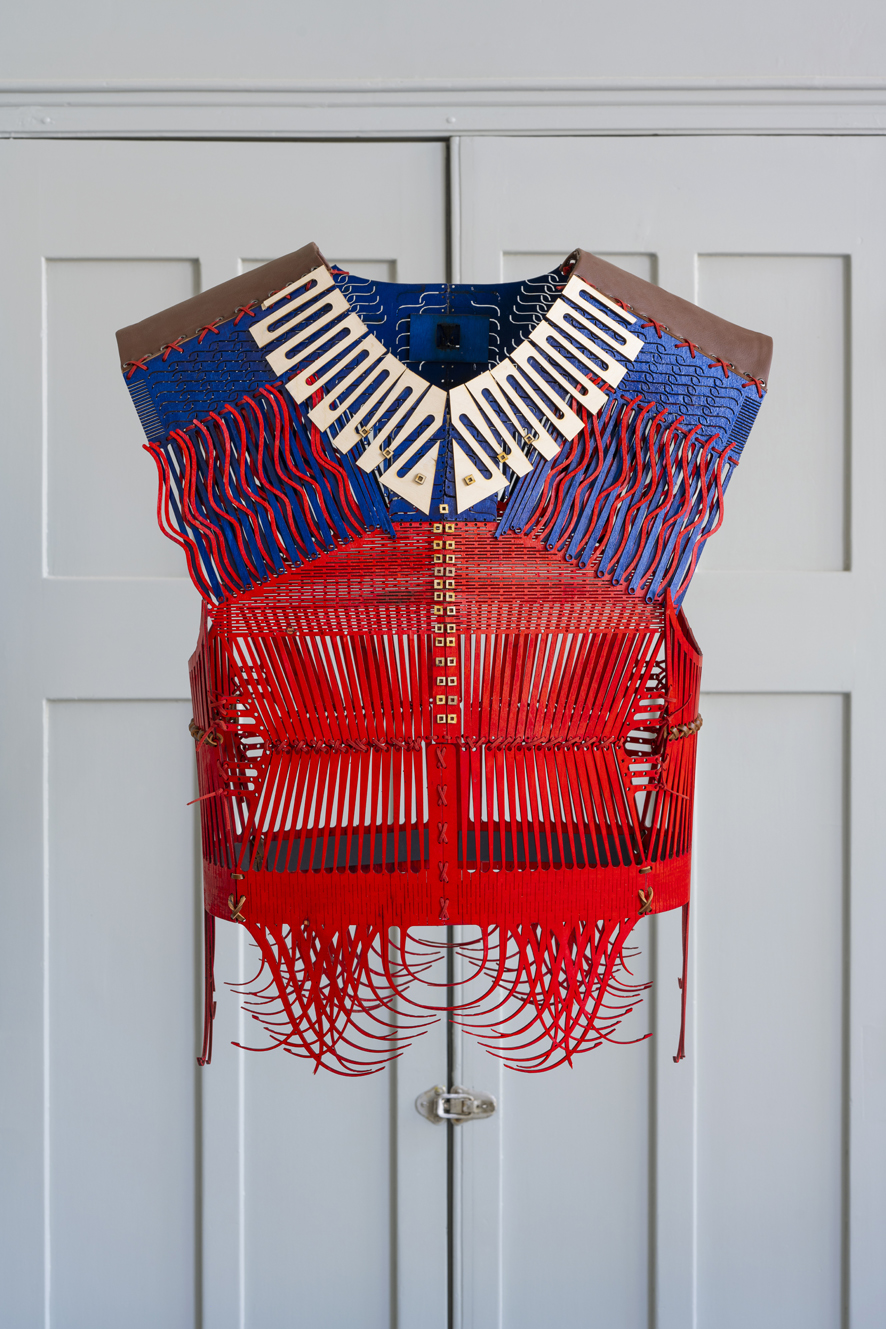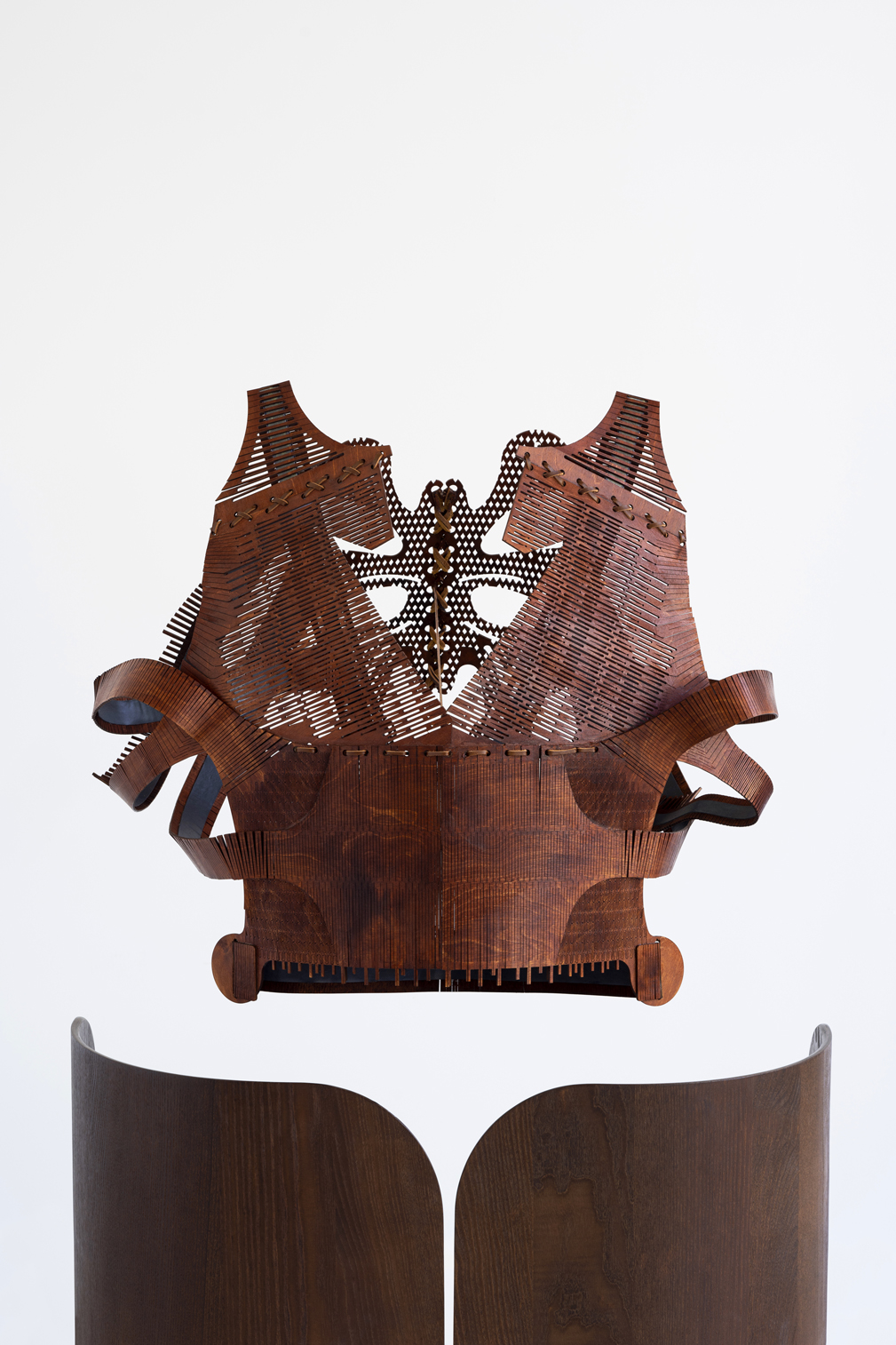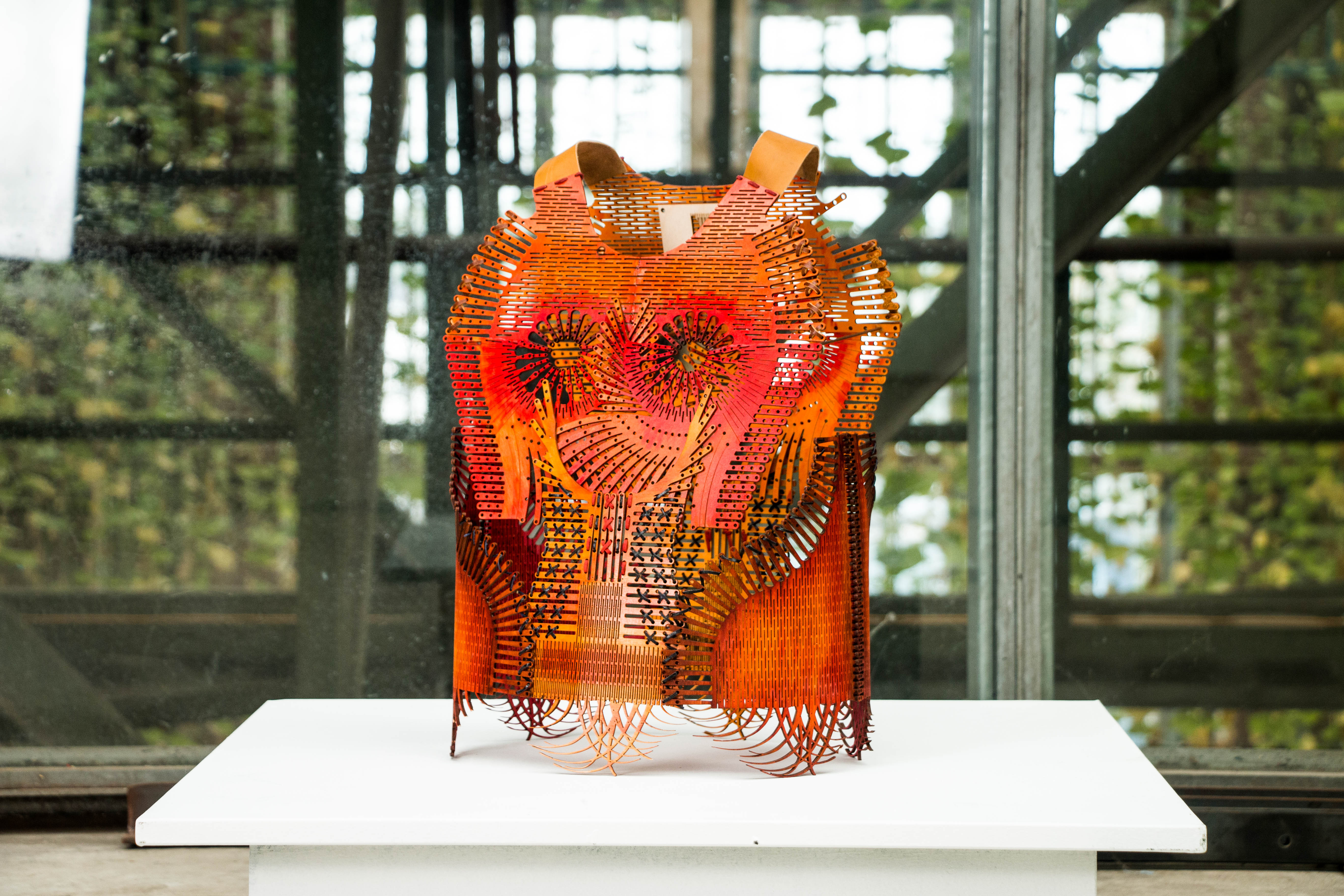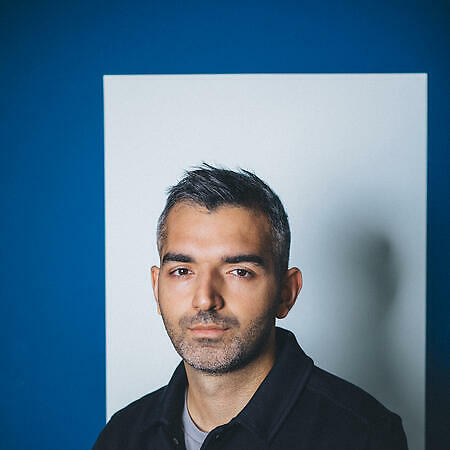Migration, whether voluntary or not, has an enormous influence on one's inner self, as the artist/designer has experienced himself. To survive in an unfamiliar place, men will have to form relationships with strangers. The new situation also requires an adjustment of goals and aspirations that have been held up. It is important that it do not happen to your core: the bond with family, friends, attitudes, values and social construction in which someone's identity is rooted. In practice, the migrant has to deal with the new culture and the culture in which he is rooted and he will have to indicate this for his daily life. Mehdi talks about adaptation, although he is aware of the negative connotation that this word will have. His project Choub poetically symbolizes the "ideal adaptation". Most important to him is the fact that states and nationalities are constructions that arise on arbitrariness and historical events. It follows that we are jointly responsible for our planet as a whole and that individual problems cannot be separated from others. Wood is not the most common material for making garments. Mehdi Mashayekhi compares this to the premise of a migrant on arrival in a foreign country. His background prevents him from becoming part of the new environment. For the artist/designer, adapting wood as a material to make clothes/ objects symbolizes the integration process that the migrants go through, whereby every adaptation to the new environment always keeps the core of the person the same, hard as wood. For Mehdi Mashayekhi, computer-controlled technology is an aid in material manipulation. Wood remains wood, but the archetypal image of hard material has changed in this project. His story, his working method, is a crossover between art, technology and craftsmanship.






